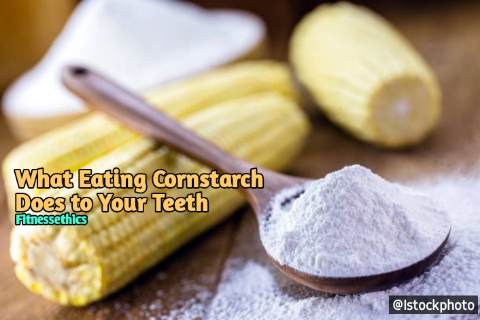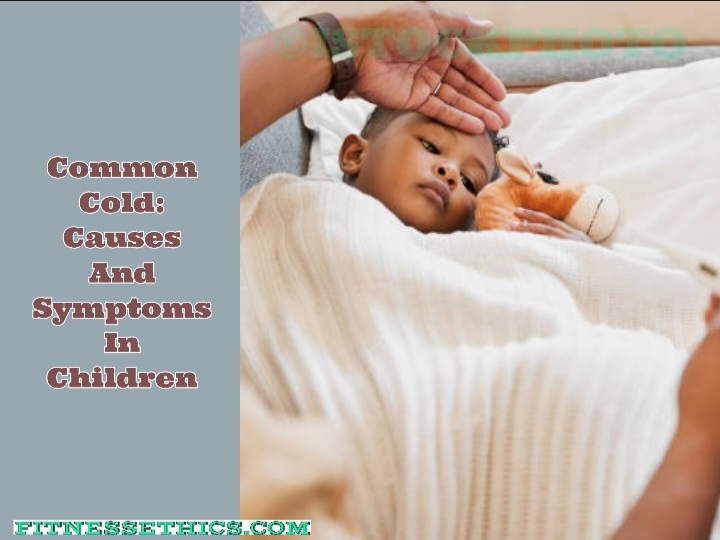What Does Eating Cornstarch Do to Your Teeth?
Have you ever wondered about the effects of eating cornstarch on your teeth? Cornstarch is a common ingredient used in cooking and baking, but its impact on dental health is often overlooked. Let’s take a closer look at what happens when you consume cornstarch and how it can potentially affect your teeth.
Cornstarch is primarily composed of carbohydrates, which are broken down into sugars when they come into contact with saliva in the mouth. Bacteria naturally present in the oral cavity feed on these sugars, producing acids as a byproduct. These acids, if not properly removed through regular brushing and flossing, can lead to tooth decay and cavities.
When you eat foods containing cornstarch, the starch particles can become lodged between your teeth and in hard-to-reach areas. If not removed promptly, these particles provide a breeding ground for bacteria, increasing the risk of dental problems. Regular brushing and flossing are crucial to prevent the buildup of plaque and maintain optimal oral hygiene.
Furthermore, consuming cornstarch in excessive amounts can contribute to a dry mouth. Dry mouth occurs when there is insufficient saliva production, leading to a lack of proper lubrication and moisture in the oral cavity. Saliva plays a crucial role in neutralizing acids and rinsing away food particles. Without enough saliva, your teeth become more vulnerable to tooth decay and other dental issues.
What Happens If You Eat Cornstarch Every Day?
While cornstarch is not inherently harmful when consumed in moderation, regularly eating large quantities of cornstarch can have negative consequences for your oral health and overall well-being.
One of the potential side effects of consuming cornstarch every day is weight gain. Cornstarch is high in calories and lacks essential nutrients, making it a poor dietary choice for those looking to maintain a healthy weight. Overconsumption of cornstarch can lead to an imbalanced diet, potentially resulting in weight gain and associated health problems.
Additionally, eating excessive amounts of cornstarch can disrupt blood sugar levels, especially for individuals with diabetes. Cornstarch is a refined carbohydrate that quickly converts to sugar in the body, causing blood sugar spikes. People with diabetes must carefully manage their blood sugar levels, and consuming excessive cornstarch can pose risks to their health.
Moreover, a diet rich in cornstarch may lack the necessary vitamins, minerals, and fiber needed for overall health. Relying heavily on cornstarch as a food source may lead to nutrient deficiencies and impact your immune system, digestion, and energy levels.
Eating Raw Cornstarch Side Effects
Some individuals have a peculiar craving for eating raw cornstarch. However, consuming raw cornstarch can have adverse effects on your health, including your teeth.
Eating raw cornstarch can potentially lead to an increased risk of tooth decay and cavities. As mentioned earlier, cornstarch contains carbohydrates that break down into sugars, providing a food source for bacteria in the mouth. When consumed raw, cornstarch particles can stick to teeth and create an environment conducive to bacterial growth.
Furthermore, consuming raw cornstarch in large quantities can cause digestive issues. Cornstarch is not meant to be eaten raw, and its consumption may lead to bloating, gas, and stomach discomfort. It can also interfere with nutrient absorption and digestion.
Additionally, eating raw cornstarch may be a sign of a condition known as pica, which is characterized by cravings for non-food items. Pica can be a symptom of underlying nutritional deficiencies or other health issues, and it is essential to consult a healthcare professional if you have any concerns about unusual food cravings.
Conclusion
While cornstarch itself may not directly harm your teeth when consumed in moderation, it is important to be mindful of its potential effects on your oral health. Consuming excessive amounts of cornstarch, whether cooked or raw, can contribute to tooth decay, cavities, weight gain, and imbalanced nutrition. Additionally, eating raw cornstarch can lead to digestive issues and may be a sign of an underlying health condition.
To maintain good dental health, it is crucial to practice proper oral hygiene by brushing your teeth at least twice a day, flossing regularly, and visiting your dentist for routine check-ups. Limiting your intake of cornstarch and opting for a balanced diet that includes a variety of nutrient-rich foods is also beneficial for overall health.
If you have concerns about your dietary habits or experience persistent cravings for non-food items, it is advisable to seek guidance from a healthcare professional. They can provide personalized advice and help address any underlying issues that may be contributing to these cravings.
Remember, taking care of your teeth and overall well-being involves making informed choices about your diet and maintaining good oral hygiene practices. By doing so, you can enjoy a healthy smile and improve your overall quality of life.
[starbox]



